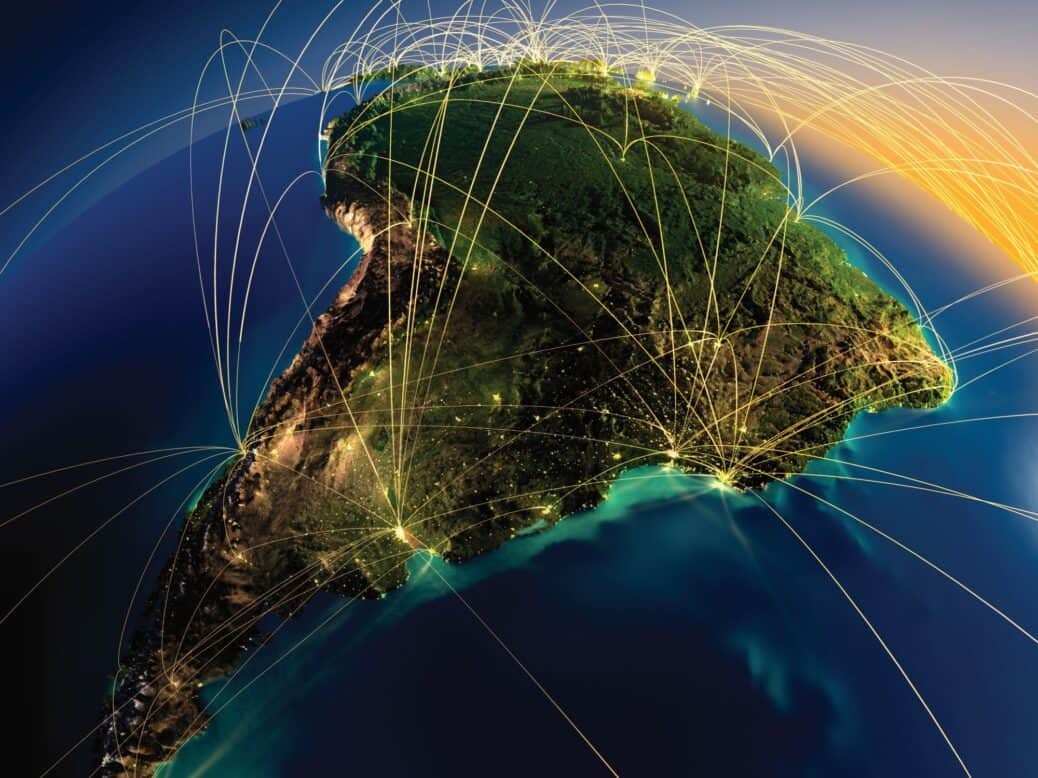Registration
In order to import products into Brazil, both the U.S. exporter and Brazilian importer must be registered with the Foreign Trade Secretariat (SECEX) through SISCOMEX, a computerized information system designed to facilitate customs clearance and monitor imports. This Foreign Trade Integrated System has significantly reduced the amount of paperwork required to import goods into Brazil. The system automatically generates import documents and transmits information to a centralized computer system.
At this time, there are no restrictions placed on exports to Brazil by the U.S. Government, with the exception of controls on military equipment, highly sensitive materials, and high-tech information systems. Specific products requiring a license and registration through either the State Department or Department of Commerce can be found on the Bureau of Industry and Security website www.bis.doc.gov.
Paperwork
Whether hired by the client with our assistance or hired by the Brazilian customer, UNICOM Engineering highly recommends contracting with a reputable licensed customs broker to facilitate the import process in Brazil. A qualified and experienced broker will ensure that the import documents are correct before the product arrives, and can keep the lines of communication open between the client, customer, and Brazilian Customs agency.
Prior to shipment, a pro forma invoice may be requested by the Brazilian importer. This document starts the process; therefore, ensuring it is filled out correctly is essential. It will include a Common Nomenclature of MERCOSUR (CNM) classification number, the full identification of the importer and exporter, country of origin, unit price, total value, weight, and loading and unloading points, among other information.
With a Pro Forma invoice in hand, the importer then applies for an Import License in SISCOMEX.
The Pro-Forma may also be used to establish credit with a bank to pay for the merchandise. In most cases, Import Licenses are waived in Brazil; however, they are required in certain instances and can be deemed either Automatic or Non-Automatic in SISCOMEX based on the CNM fiscal classification. In lieu of an Import License (for exempt products), an Import Declaration is filed in SISCOMEX. The product should not be shipped until the Import License is approved, which can take an average of up to 60 days.
Once the product leaves the port of export, all necessary documents must be sent to the Brazilian importer. These documents include the waybill or Bill of Lading, the commercial invoice, and packing list. It is important that the information on each of the documents is consistent and there are no discrepancies. It is not uncommon for Brazilian Customs to seize shipments that appear to have improper or incorrect documentation. This can result not only in a delay in the delivery process but also assessed warehousing fees while the shipment is held in storage.
The importer, through its customs broker, must prepare the Import Declaration document when the product arrives in Brazil. This document, along with all of the other paperwork sent to the importer when the shipment departed, must be presented to the Secretariat of Federal Revenue (SRF), along with a SISCOMEX-generated pay receipt or waiver. All associated import duties and taxes must be paid on the shipment before it will be released for delivery. UNICOM Engineering can assist in the preparation of these documents to ensure a smooth transition of the product to its final destination.
In the next segment of this series, UNICOM Engineering will discuss the duties and taxes a client can expect to incur when shipping products to Brazil. Our Global Logistics Services team is fully versed in the entire process of exporting to this country, and we’re ready to help clients in every way possible. To learn more about UNICOM Engineering’s Trade Compliance capabilities, visit our website and connect with us on LinkedIn, Facebook, and Twitter.
